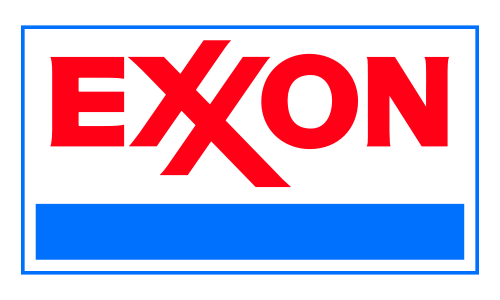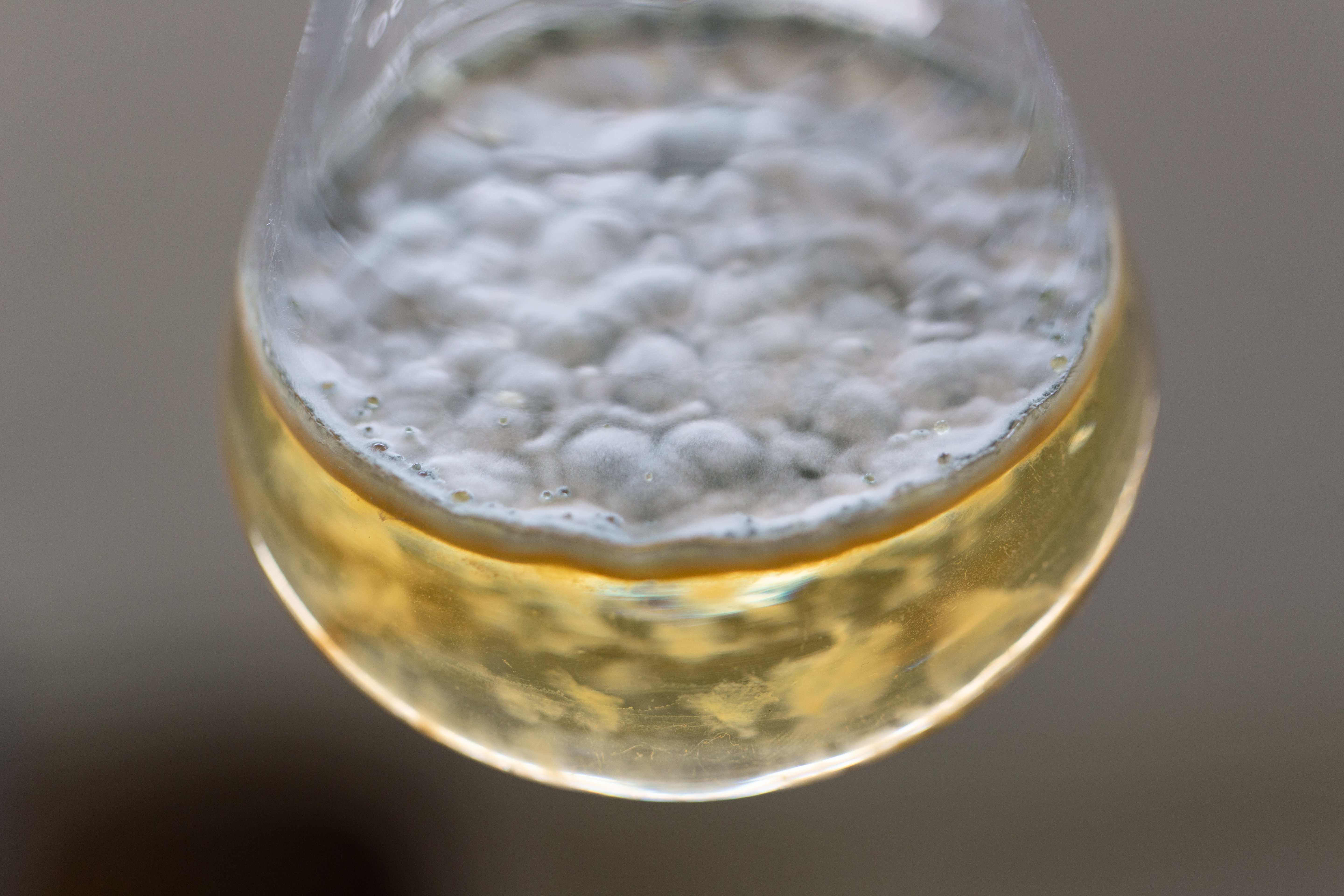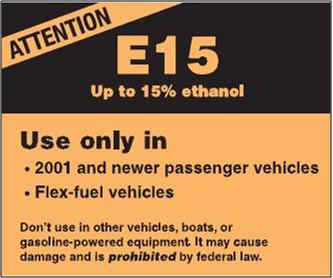Ethanol Free Fuel - Another Warning MTBE and Ethanol
Spring is getting ready to start on March 21st and it won't be long after that we will start breaking out the boats and the spring/summer equipment....

 If you're familiar with the history of ethanol in gasoline (or you're read some blog posts here), you may know that the reason ethanol is in our gasoline is because it had to displace a chemical called MTBE. Refiners started adding MTBE to gasoline in the late 80s/early 90s as an "oxygenate", something that would reduce the emissions from gasoline that contributed to harmful air pollution. Congress mandated these "reformulated" gasoline versions to contain oxygenates, and the first one the industry adopted for use on a grand scale after this was the chemical MTBE or methyl tert butyl ether.
If you're familiar with the history of ethanol in gasoline (or you're read some blog posts here), you may know that the reason ethanol is in our gasoline is because it had to displace a chemical called MTBE. Refiners started adding MTBE to gasoline in the late 80s/early 90s as an "oxygenate", something that would reduce the emissions from gasoline that contributed to harmful air pollution. Congress mandated these "reformulated" gasoline versions to contain oxygenates, and the first one the industry adopted for use on a grand scale after this was the chemical MTBE or methyl tert butyl ether.
Following the history a little further, you see that they had to take MTBE out of the gasoline supply (or at least most of it) within about ten years because they found it was ending up in community water supplies, mostly likely through leaky underground fuel storage tanks. There's no clear evidence that MTBE is harmful in the sense that it causes cancer or birth defects when ingested at normal levels (some argue it does have harmful effects when ingested in high amounts, but you can make that same argument about lots of things), but when it got into the water supply, it made the water taste really bad.
And it didn't take very much to make drinking water taste and smell bad - a little as thirteen parts per billion. If you think about it, it would take less than 10,000 gallons of MTBE to render undrinkable all the water in the Great Lake Erie. That's a lot of water. If you don't know how much water there is in Lake Erie, we currently have 7 billion people living on planet Earth. Health authorities recommend that we all drink eight 8-oz glasses of water a day. If everyone on earth drank those eight glasses of water, every single day, for every day of their lives for 72 years (the average life expectancy), there would still be enough water left over in Lake Erie to accomodate another 3 billion people or so. So anyways, that tells you how powerful MTBE is. Nobody wants to have disgusting tasting water. So it was at this point in the mid-2000s, with MTBE on the way out, that ethanol emerged as the best alternative to be used on a large scale in gasoline. And so here we are, today.
You may expect that in a situation like this, lawyers would have been clamoring to get in on the action of suing makers of MTBE over the environmental harm it caused. And you'd be right. Well, one of the more significant court cases over MTBE is now getting moving - the State of New Hampshire vs. Exxon Mobil. The state is seeking monetary damages from Exxon based on arguments that it says Exxon knew MTBE would pollute groundwater and so caused harm to the community. Exxon counters with an argument that it never acted in a fraudulent manner (by proceeding despite internal arguments about MTBE being harmful in this way), and they also argue that there is no evidence that any personal harm has been done to residents (basically, they say that MTBE has been out of the mainstream gas supply since 2005 and there have been zero lawsuits since concerning personal harm).
Maybe a bigger argument made by Exxon is the argument that they had to put MTBE in the gas supply in order to comply with Federal rules telling them they had to put oxygenates in gasoline. From our point of view, this is the key point. The government made a mandate telling everyone they had to use an oxygenate like MTBE. So everyone complied, only to have the government turn around x years later and allow people to sue them for complying with the rules. On the flip side, New Hampshire's argument says that even if this is true, there were other less-harmful things Exxon could have put into the gas (such as.....ethanol?) and Exxon are liable because they knew MTBE had problems but went ahead with it anyway.
This certainly isn't the first court case brought by a state or brought against Exxon. They already lost cases or had to settle cases out of court. New York City won a $100+ million judgement a few years ago (Exxon is appealing) and another judge actually threw out an award against Exxon in Maryland of $1.6 billion. Other gas producers like Sunoco and Conoco and Shell have already settled out of court with New Hampshire. But Exxon is fighting to the bitter end on this, so it will be interesting to see what happens.
What do we think? Even if Exxon loses, they're making so much money ($9.4 billion in profits in just the final part of last year. So maybe they lose bigtime and have to pay a billion dollars. All that will do is cause a little hiccup with some of the retirement funds that rely on dividends from their investments in Exxon stock.

Spring is getting ready to start on March 21st and it won't be long after that we will start breaking out the boats and the spring/summer equipment....

On the heels of the EPA's April 2nd announcement that it was approving ethanol production to make E15 in our nation's gasoline, there's still...

When filling up your vehicle's tank at the gas station, you might be wondering what is the difference between regular gasoline and the fuel they call...